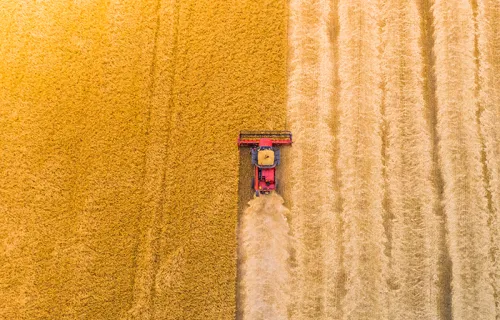About Us
With more than four decades of sustained growth, our financial strength is a testament to the trust of our clients, the expertise and dedication of our consultants, and the sound principles by which we operate.
We are committed to doing our part to build a more inclusive and sustainable world, helping the communities in which we, and our clients, work and live.
Careers at CGI in the U.S.
How is CGI different from other IT and business consulting firms? Hear from our members and explore our career openings.
A culture to thrive
For 50 years, CGI has nurtured a culture rooted in our Constitution defining the essence of who we are—where collaboration, respect, and integrity shape the way we work.
U.S. onshore delivery centers
CGI's U.S. onshore delivery centers help government and commercial organizations diversify IT sourcing models to balance risk and ensure resilience.

















